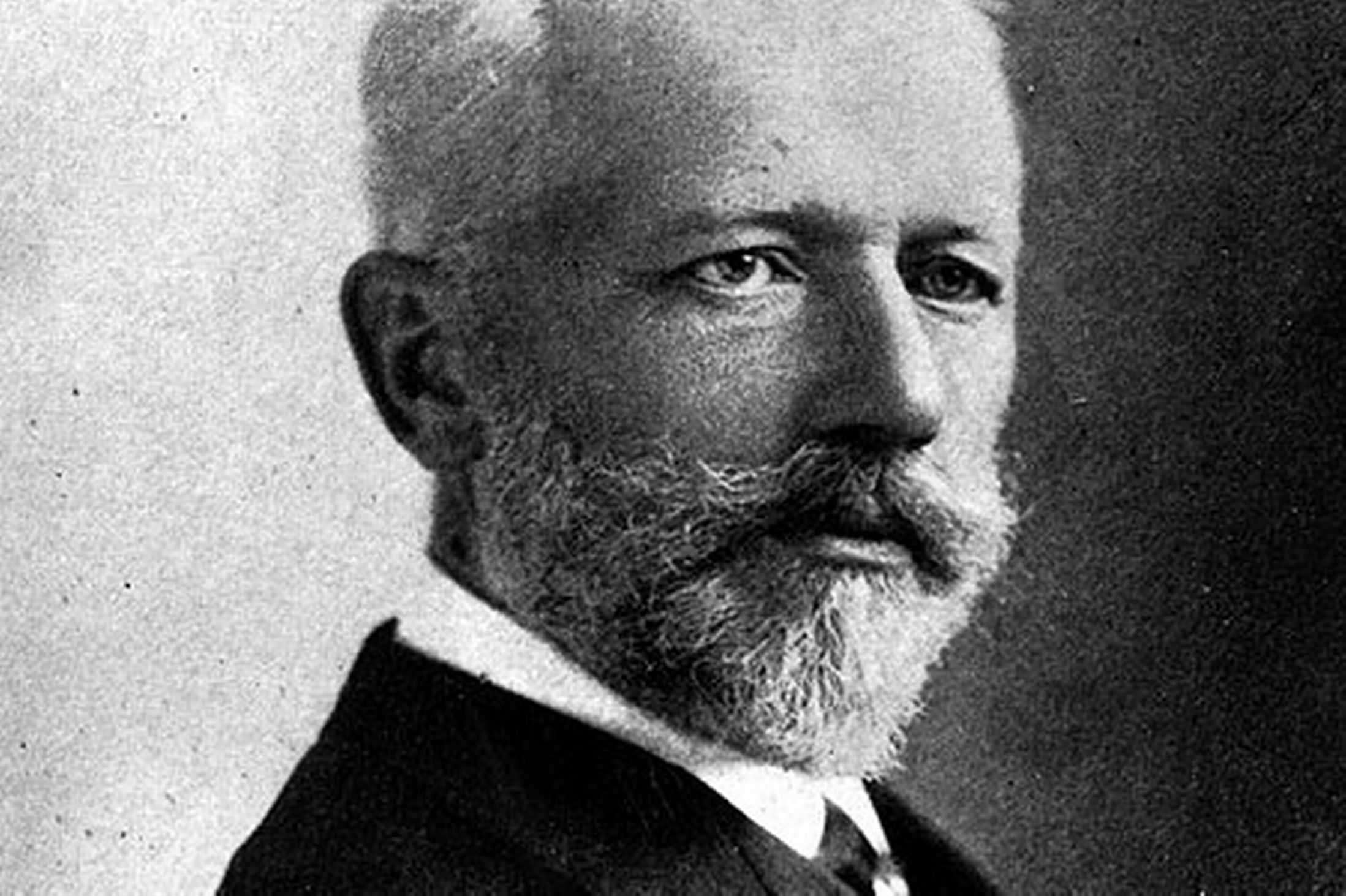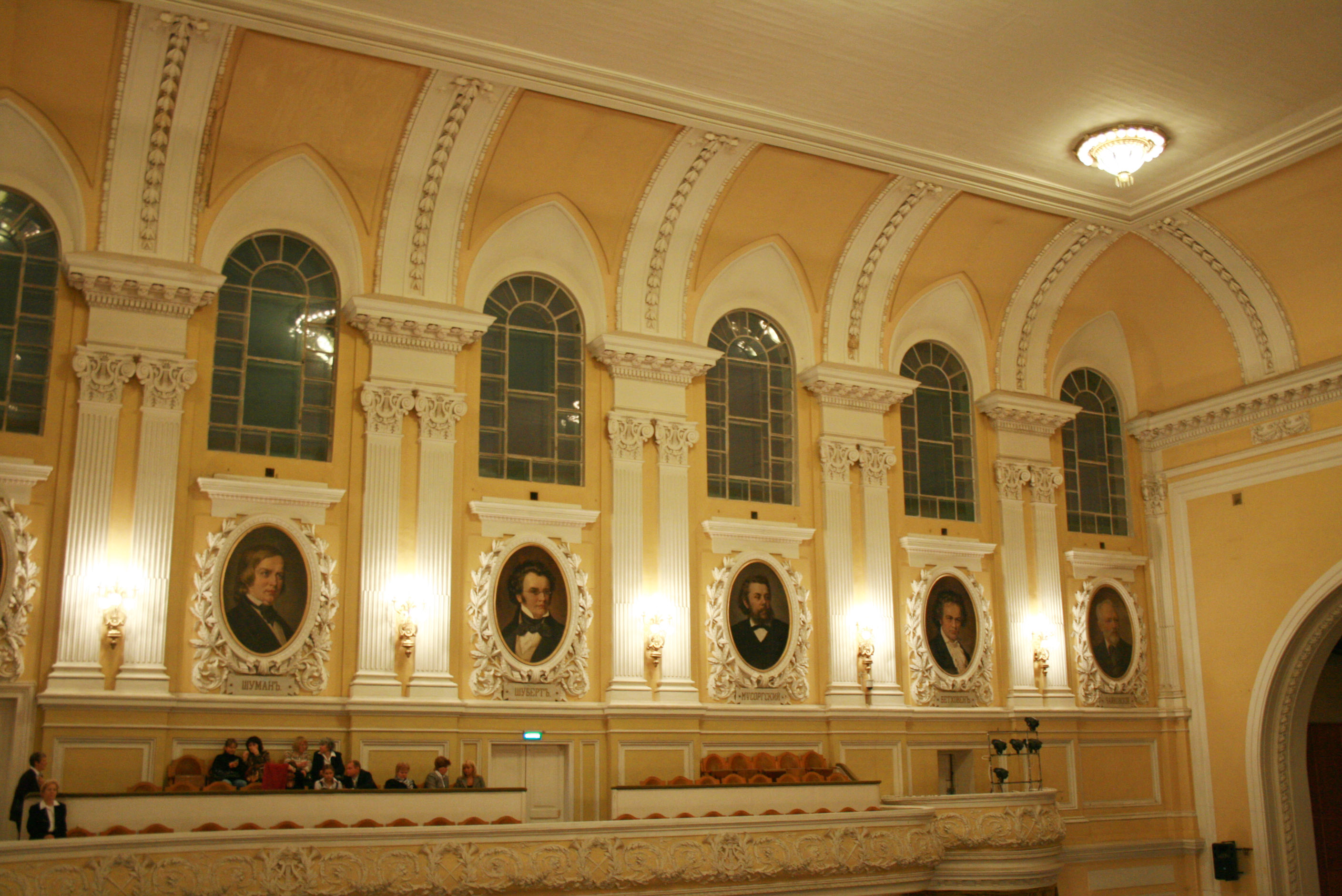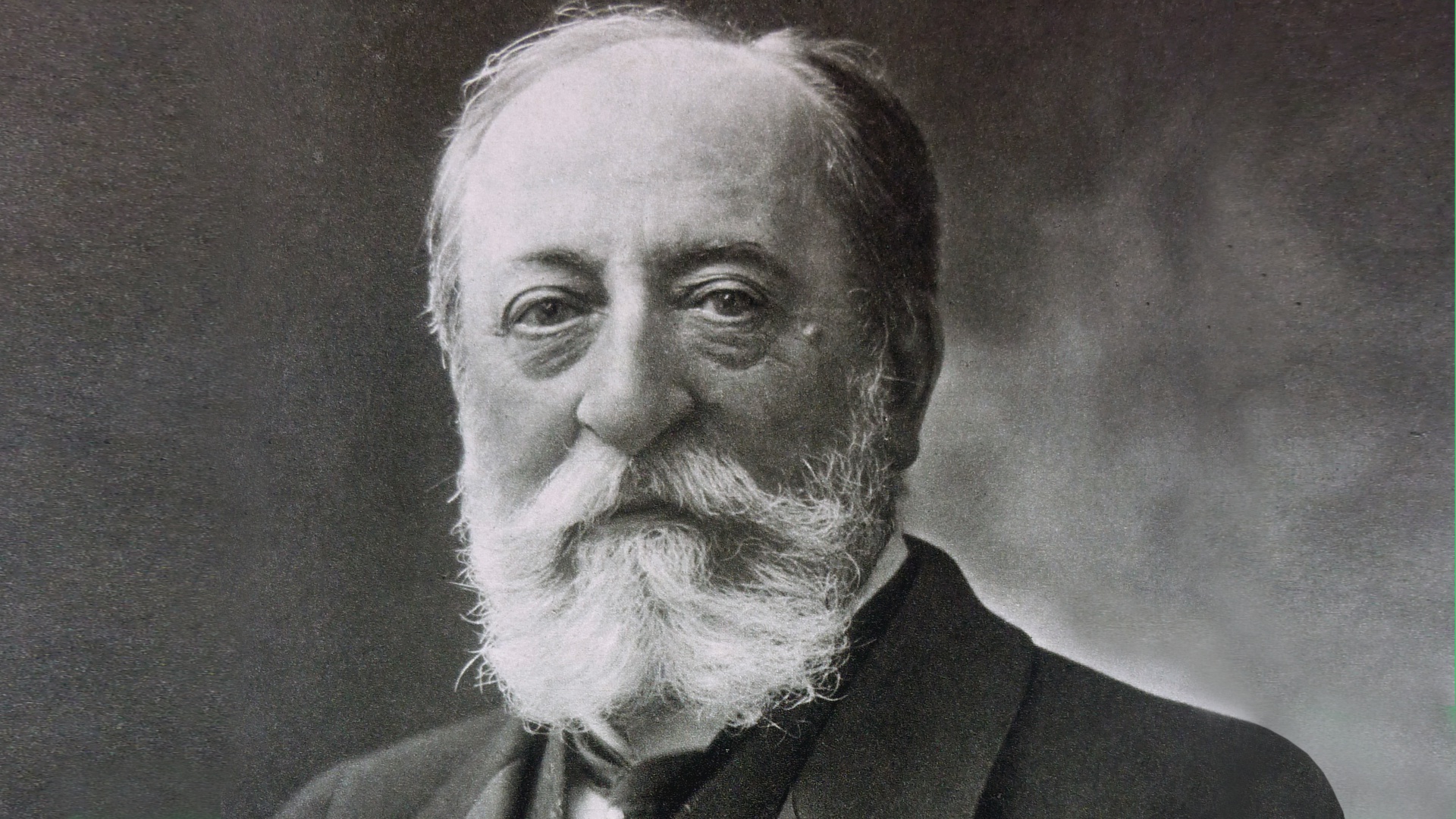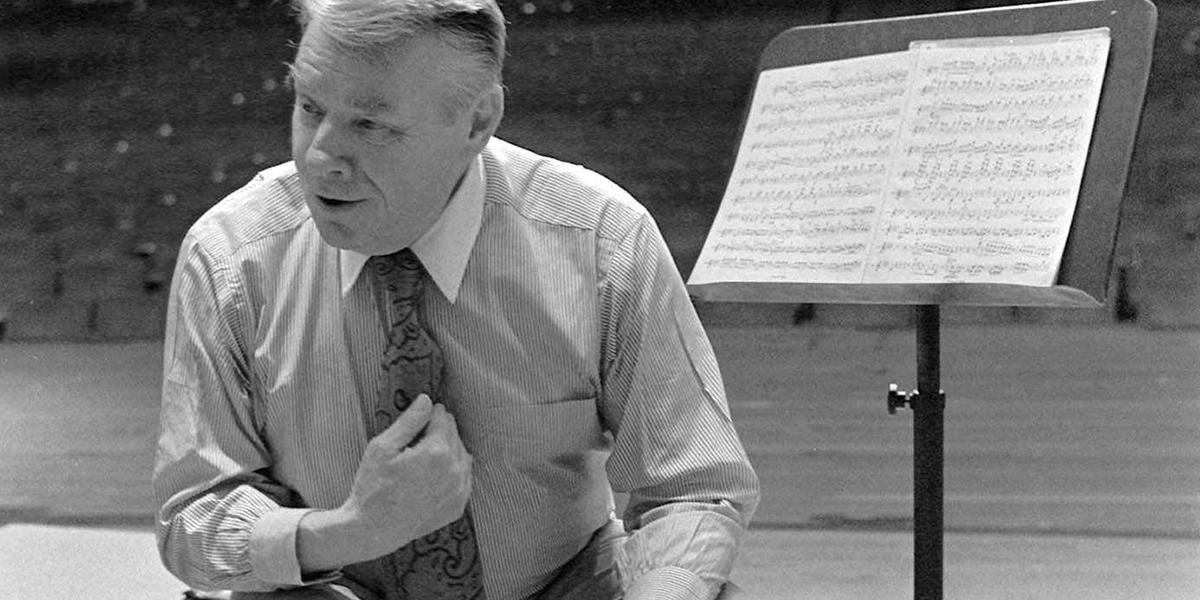Composers on Holiday: Five Pieces Written on Summer Vacation
Summer is here. For professional orchestral musicians, that means a brief respite from the weekly routine of the main concert season. Soon it will be time for summer seasons and music festivals, many featuring outdoor concerts in such idyllic locations as Chautauqua, Vail, and the Tetons. Summer has typically been a productive time for composers. Gustav Mahler, one of the most prominent conductors of his time, retreated to isolated rural settings in …







